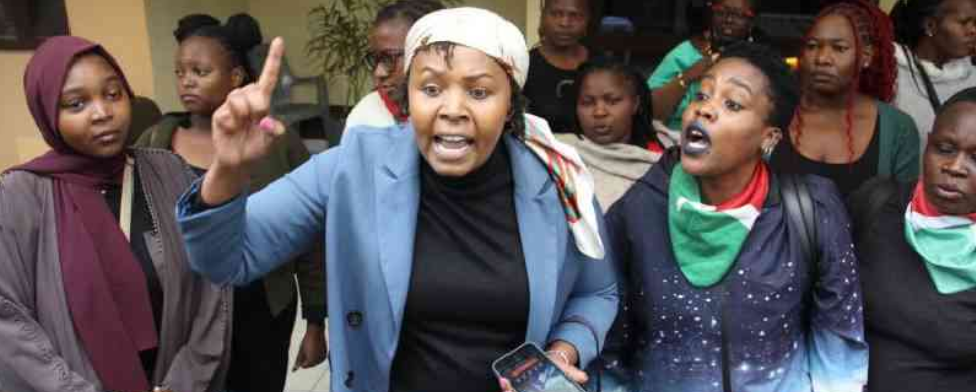Civic Actions in the Public Interest: A 2017 score-card
- Irungu Houghton

- Apr 11, 2018
- 3 min read
First published Sunday Standard, December 24, 2017. Kindly reproduced here with permission from the Standard Group
Walking in the beautiful mangroves of Funzi Island this week, our guide declared he will never vote again. The system is too corrupt to be trusted. Sadly, his voice is echoed by many. I was left wondering what hope is there for Kenya when many men and women believe that voting, the easiest of civic actions, doesn’t really matter?
As we complete 2017 with our economy battered and society divided, it is worth remembering that this year also saw a number of powerful civic actions in the public interest. These and others leave a powerful legacy for brave and patriotic citizens to build on in 2018.
Citizens and civic organisations scored two firsts this electoral year. For the first time, Chapter Six became an electoral justice issue. The EACC, religious and civic organisations and a handful of citizens in Bungoma, Makueni and Machakos raised red flags to stop corrupt aspirants from being cleared by the electoral commission. Voter rejection of several candidates at the polls was the response.
Based on evidence by parties and concerned citizens, the Supreme Court also nullified a Presidential election for the first time in Kenyan history based on irregularities and illegalities committed by the Electoral Commission.
Currently, Kenya has 6,000 inmates on prison death row. They have been convicted for terrorism, murder, armed robbery and other crimes that attract the death sentence. Like over 150 countries in the world, Kenya has been slowly moving away from state sanctioned executions.
The last time the Government executed someone was in 1987. This year, Karioko Muruathetu, Wilson Thirimbu and the Katiba Institute struck another blow and the mandatory provision of the death penalty was declared unconstitutional.
Only 47 elephants lost their lives this year. It may seem odd to say “only”. Surely #AllElephantsLivesMatter too? Yes, but consider that we lost twice as many elephants last year. Five years before WildlifeDirect, Kenya Wildlife Services, NTV Wild and the Environment Ministry started working together, we were losing close to 400 elephants a year.
Consistent media messaging, edgy advocacy and some litigation has created deeper public awareness, stiffer sentencing and stronger protection. We are beginning to win the war for wildlife conservation.
On the furthest opposite end of the coast from the mangroves of Funzi lie others just as beautiful. The Lamu coal plant fundamentally threatens the beauty of the immediate environment and the planet.
Research and arguments by deCOALonise and Save Lamu demonstrated that the Kshs 200 billion Lamu coal plant could be one of our greatest environmental and financial disasters yet. The plant is not yet abandoned, but the case to close it down still remains.
Over one thousand public schools across fifteen counties were awarded land titles in 2017. Another fifty schools were rescued from the clutches of land-grabbers. Public-private-civic partnerships were at the center of these efforts.
Driven by the Lands Ministry, National Land Commission and the ShuleYangu Alliance, school boards and head teachers now have the support and solidarity to resist the “grabbiosis” that afflicts us. While we are far from the universal titling promised by President Kenyatta, the foundation to declare that public school land is not for sale has been built.
Today, there is also a secondary school student who knows the benefits of patience and how long the arc of justice can take. She waited two years for her dignity to be restored. In 2015, police officers took semi-naked photos of her during that famous arrest of 45 children on a Nyeri bus. Supported by child rights organization CRADLE, she’s been awarded Kshs four million by Justice John Mativo.
Campaigns like this work against a stiff statistical curve. One in ten minors continue to experience sexual abuse and violence. One in three don’t feel safe. We must do more.
There are few countries in the world where private profits clash so openly against public and planetary interests as Kenya. Revolving doors of business and state elites keep our public resources rotating like the children’s game of pass the parcel. Yet, the lack of political will is not just that they have too much and are too arrogant. It is also that we do not hold them accountable enough.
As we complete 2017, we can draw confidence that the only way we can make our country safer, dignified and just is by getting more personally involved in the public interest.
Happy new year to all.




Comments